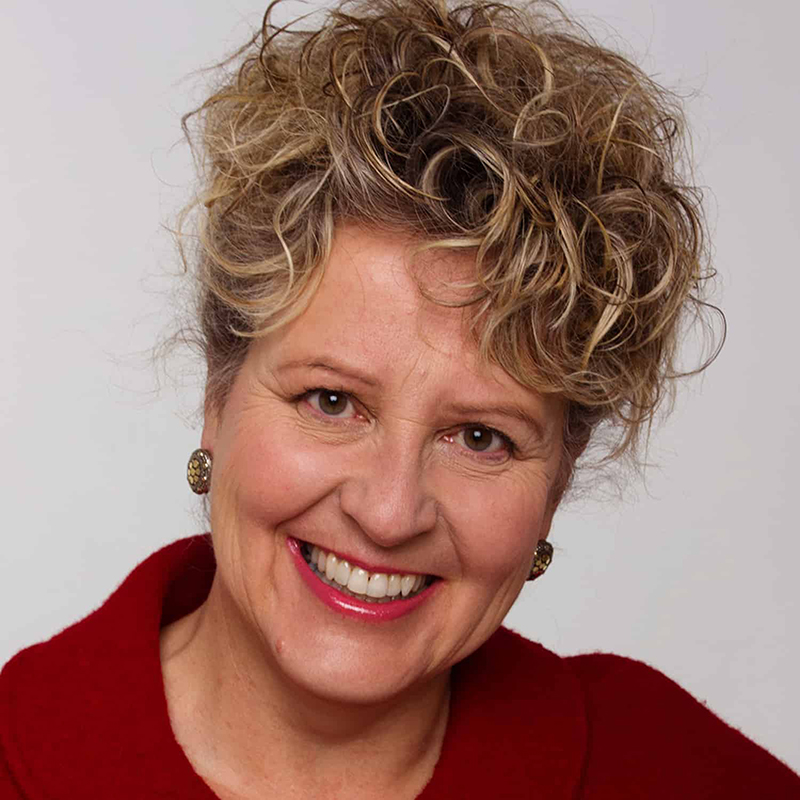A new series of stories from the Local News Data Hub examines which Canadian ridings generate the most cash for political parties
A new series of stories from the Local News Data Hub (external link) , a data journalism startup at the School of Journalism, examines which ridings in Canada generated the most cash for federal political parties.
The Data Hub stories, produced in collaboration with the non-profit Investigative Journalism Foundation (external link) (IJF), have been published nearly 80 times by news outlets across Canada since their release last month.
April Lindgren, the Data Hub’s founder and editor, said she was initially surprised by the results of the investigation, specifically that Ottawa Centre was the riding that generated the most money for federal parties. “It's really great when your data tell you a story that you were not quite expecting … when you go and start doing the reporting and digging around on it, (and) you find [an] even more interesting story than you anticipated,” she says.

Launched in early 2020 at Toronto Metropolitan University (TMU), the Data Hub brings together faculty and students who work collaboratively on data journalism stories for local media.
This latest series, based on political party donations made between 2015 and 2020, produced a national story and nine more local stories that focused on the most lucrative fundraising terrain in the country. Those stories went out across the country via the Canadian Press wire service. An additional 15 stories were produced for Village Media (external link) markets in Ontario.
This series, called Donating to the Cause: Where federal political parties raise the most cash, marked the first time the Data Hub has worked directly with another news organization on a project.
“It was exciting to work with such a capable bunch of data journalists and data analysts at the IJF and to see how our mutual efforts could produce great stories,” Lindgren said.
Kayla Zhu ‘22, worked as a data journalist with the Hub and the IJF team during her senior year at TMU.
“It was a pretty complex analysis … this project really pushed me to my limits,” Zhu said of her work on “Donating to the Cause.”
“I had to learn a whole new coding language on my own, [Python] and it was quite difficult, but it was exactly what I wanted to do in the future. It was quite rewarding for me.”

Zhu, who was hired by the IJF shortly after graduating last year, recalls two courses in her third year that really cemented her direction: Data Journalism, instructed by Valérie Ouellet, and an investigative reporting course, taught by Robert Cribb.
Zhu also worked on a Data Hub series of stories (external link) published in November, 2021 that reported on climate projections for Canadian cities and towns. The release of the stories, which highlighted dramatic changes in winter and summer temperatures in communities across the country, coincided with the United Nations Climate Change Conference in Glasgow, Scotland.
Lindgren said she was impressed with the work Zhu produced and that the climate change series was “another really successful venture for the Local News Data Hub, thanks in large part to her skills and abilities.”
She said she launched the Data Hub to provide local newsrooms with data-driven stories that in many cases they don’t have the time or the means to produce on their own. The goal, she said, is to shore up local coverage by supplying the stories at no cost while at the same time training student data journalists and collaborating with individual reporters and news organizations on data journalism projects.
Local journalism plays a key role in building a sense of belonging within a community, in bridging gaps between people who have differing political viewpoints and more, said Lindgren, who is also the principal investigator for the Local News Research Project (external link) ,. “Local journalism,” she said, “produces news and information that feeds democracy, it allows people to understand what's going on in their communities and to get engaged in influencing decisions and in holding power accountable.”
The Data Hub currently has two more projects underway, Lindgren said. Readers, she suggested, should “stay tuned.”
To learn more about the process that the team followed to produce Donating to the Cause and to see other Data Hub projects, please visit the Local News Data Hub (external link) .